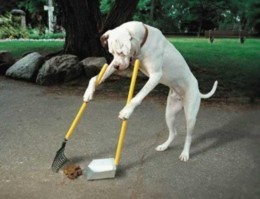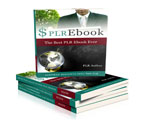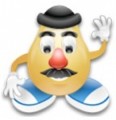 License Type: Private Label Rights
License Type: Private Label Rights  File Type: ZIP
File Type: ZIP
 SKU: 27029
SKU: 27029  Shipping: Online Download
Shipping: Online Download
Ebook Sample Content Preview:
If you follow the steps in this report, you’ll have fewer accidents—but they will happen. Expect them. Don’t get upset at your dog when an accident happens. Instead, try to determine why it happened. Did you get distracted when you should’ve been watching him? Did you forget to take him out at the right time? Figure out what you did wrong, so it doesn’t happen again.
Despite what many people believe, dogs do not intentionally pee or poop in your house because they are angry, lonely, or want to “get back at you” for something. Dogs don’t think of pee or poop as something “nasty” to be used out of spite. And the so-called look of “guilt” or cowering in “shame” when you scold him is actually your dog’s way of showing appeasement and submitting to your obvious anger.
If you do not actually catch your puppy in the act, do nothing (except clean it up).
Do not—repeat—do not rub his nose in it, hit him, yell at him, shake him, or punish him in any way. Dogs don’t think about time the way humans do. Your dog will not understand that you are upset about something that happened in the past—even if it was just a minute or two ago. He will think he’s in trouble for whatever he’s doing at the instant you discover the mess and go ballistic… whether he’s happily coming up to greet you or sitting quietly.
What if you do catch him in the act?
If you catch your dog squatting and about to go potty inside the house, make a sudden, surprising sound—such as slapping the wall—not to scare him, but to get his attention so that he momentarily stops what he’s doing. Then urgently encourage your puppy to run outside with you. “Outside, outside, outside!” And finally, reward your puppy lavishly for going potty in the right place. In any case, be sure to clean up all accidents quickly and thoroughly. You must eliminate any lingering scent so it doesn’t invite your puppy back for a repeat performance.








